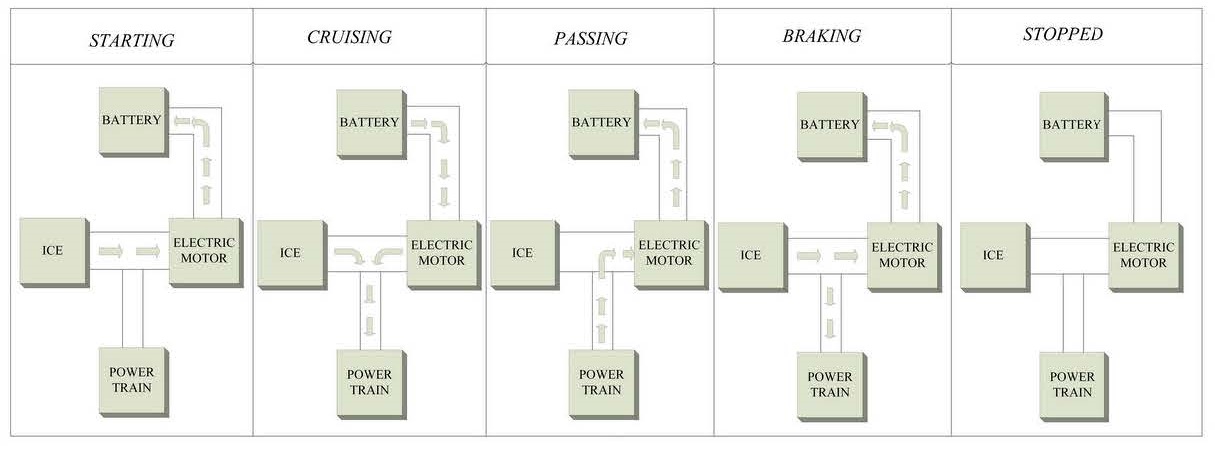Electric vehicles (EV) are getting more commonplace in the transportation sector in recent times. As the present trend suggests, this mode of transport is likely to replace the internal combustion engine (ICE) vehicles in near future. Each of the main EV components has a number of technologies that are currently in use or can become prominent in the future. EVs can cause significant impacts on the environment, power system, and other related sectors. The present power system can face huge instabilities with enough EV penetration; but with proper management and coordination, EVs can be turned into a major contributor to the successful implementation of smart grid. There are possibilities of immense environmental benefits as well, as the EVs can extensively reduce the greenhouse gas emission from the transportation sector. However, there are some major obstacles for EVs to overcome before replacing the ICE vehicles totally. This paper is focused on reviewing all the useful data available on EV configurations, energy sources, motors, charging techniques, optimization techniques, impacts, trends, and possible directions of future developments. Its objective is to provide an overall picture of the current EV technology and ways of future development to assist in future researches in this sector.

